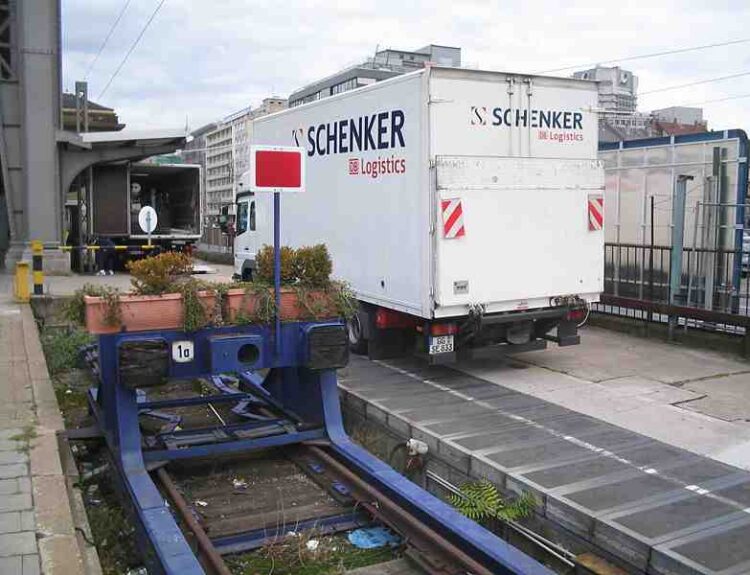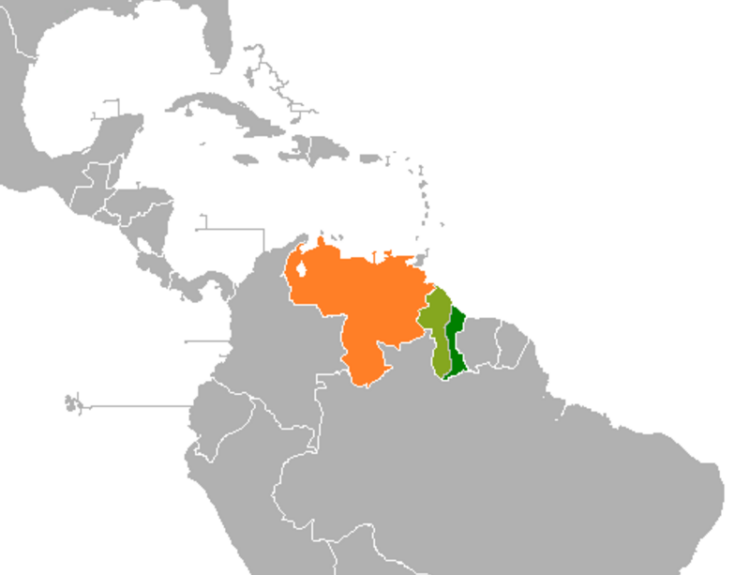Reducing emissions and improving efficiency in transatlantic logistics
- Airbus to charter new low-emission vessels for transatlantic parts shipments
- Ships will be powered by a combination of six rotors and two dual-fuel engines
- Each vessel will have the capacity to transport around 70 containers and six aircraft subassemblies
- Expected to reduce transatlantic carbon dioxide emissions by 2030
- Contributes to Airbus’ commitment to reduce overall industrial emissions
Airbus has announced plans to charter a fleet of three new low-emission ships for transporting aircraft subassemblies between production facilities in Europe and the U.S. The ships, powered by a combination of rotors and dual-fuel engines, will significantly increase capacity and reduce carbon dioxide emissions. Each vessel will be capable of transporting 70 containers and six aircraft subassemblies, compared to the current capacity of three to four sets. By 2030, the new fleet is expected to reduce transatlantic carbon dioxide emissions by half, contributing to Airbus’ commitment to reduce overall industrial emissions by up to 63% by the end of the decade.
Public Companies: Airbus (AIR)
Private Companies: undefined
Key People:
Factuality Level: 8
Justification: The article provides specific details about Airbus chartering low-emission ships to transport aircraft subassemblies. It mentions the commissioning of French shipowner Louis Dreyfus Armateurs to build and operate the vessels, the use of six rotors and dual-fuel engines for power, the capacity of the ships, and the expected reduction in carbon dioxide emissions. The information is specific and verifiable, and there is no obvious bias or misleading information.
Noise Level: 8
Justification: The article provides relevant information about Airbus chartering low-emission ships to transport aircraft subassemblies. It includes details about the ships’ design, capacity, and expected reduction in carbon dioxide emissions. The article also mentions the global trade and greenhouse gas emissions associated with shipping. However, it lacks scientific rigor and intellectual honesty as it does not provide any evidence or data to support the claims made. Additionally, it does not offer any actionable insights or solutions for the reader.
Financial Relevance: Yes
Financial Markets Impacted: The news article does not provide information on specific financial markets or companies impacted.
Presence of Extreme Event: No
Nature of Extreme Event: No
Impact Rating of the Extreme Event: No
Justification: The article discusses Airbus chartering low-emission ships for transporting aircraft subassemblies, which is a financial decision but does not pertain to an extreme event.




